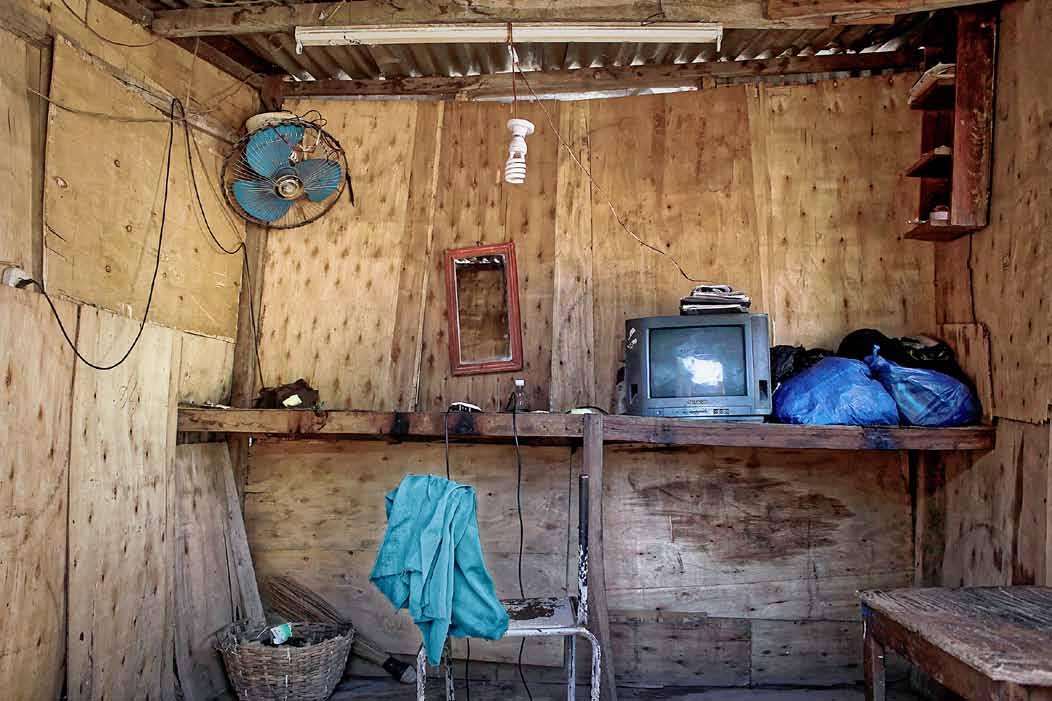
2 minute read
Other Worlds
Other Worlds Moussa Kalapo
To enter into the life of a young man who, despite all temptations, resists the call of the Mediterranean to taste the supposed delights of Eldorado, and struggles every day against himself and the social burden of gaining, painfully, his daily bread; to live a part of that life by visiting all its areas of discomfort, and its encounters with uncertainties and anguish - it is an act of courage the young Moussa Kalapo did not hesitate to undertake.
His work on the life of another young man like him who, without complaint, opened to him his door and his heart, is a beautiful commitment in a bold photographic essay which, beyond a simple narration, is a philosophical tale not only about the resilience of a man, but also and especially about ‘being there’. Because Saba is there! Omnipresent. Even if sometimes invisible. He is in every photograph that represents a paragraph of his story, a part of his life, pious, and almost ascetic or wrinkled and torn like that old identity card that Kalapo shows us.
Often we hear about African migrants who have succeeded in ‘other worlds’, particularly Europe. That glory is short lived in our memories, displaced by other happenings. When we read these images, we find that Saba also carries those self-imposed expectations. In the portraits, his visions are beyond the seas. Kalapo does not prescribe to us, the readers, what we should read and how we should read. The subtlety becomes more apparent when Saba does not physically exist in the images. The documents are of a place. Saba’s thoughts, wishes or anxieties become one with the space he lives in and frequents. The idea of moving from his familiar space, to ‘other worlds’, become mute and irrelevant. The living is now and here.
Moussa Kalapo uses not only the light of his camera to produce these beautiful images that reveal the painful journey of this young man, who is one of those we can call the ‘survivors’: that is to say, those young people on whom life has refused to smile but who, nevertheless, smile at life thanks to their faith - a faith often supported by a minor sin that can be called drugs - but for whom the essential thing is to be there, always up and ready, like warriors. Kalapo also uses the light of his empathic intelligence to write this bittersweet tale about a rebellious but sympathetic spirit for whom the best is not necessarily elsewhere; and who shows that by the will one can transform one’s hell into paradise, like the last pictures of this story showing Saba, almost at the summit, seeming to say: “In spite of everything, I’m here!”
Thus, the work of Kalapo is a metaphorical celebration of the courage to stay in one’s country whatever the adversities, and especially to stay upright to grow oneself. See: www.moussakalapo.com










